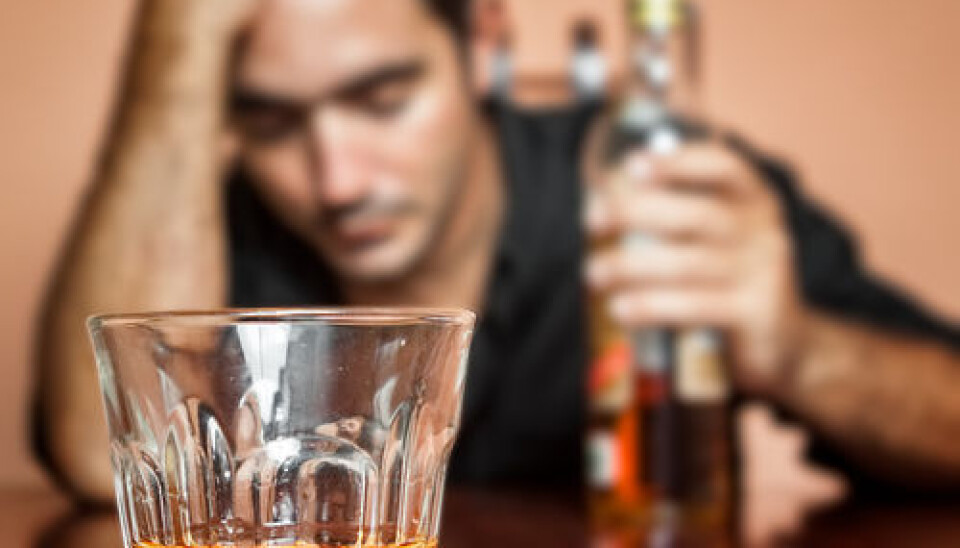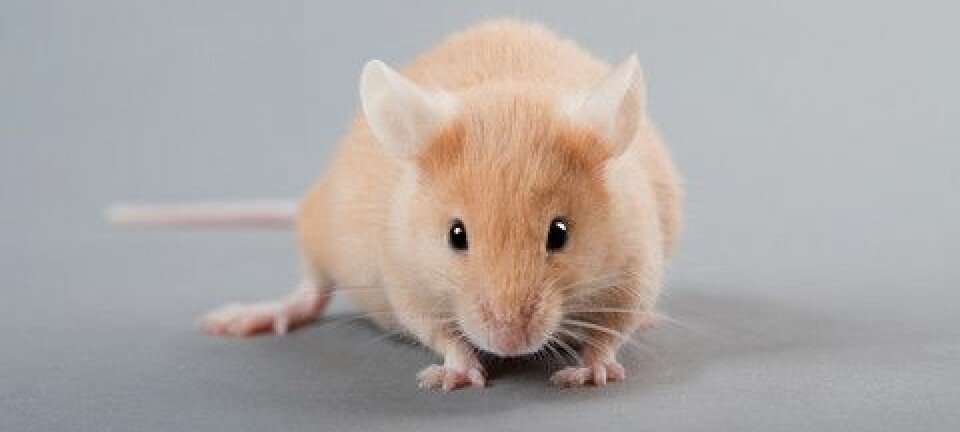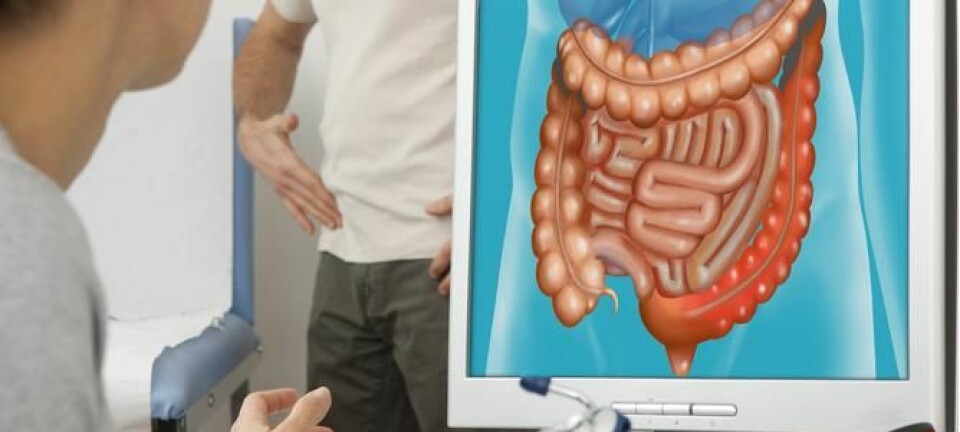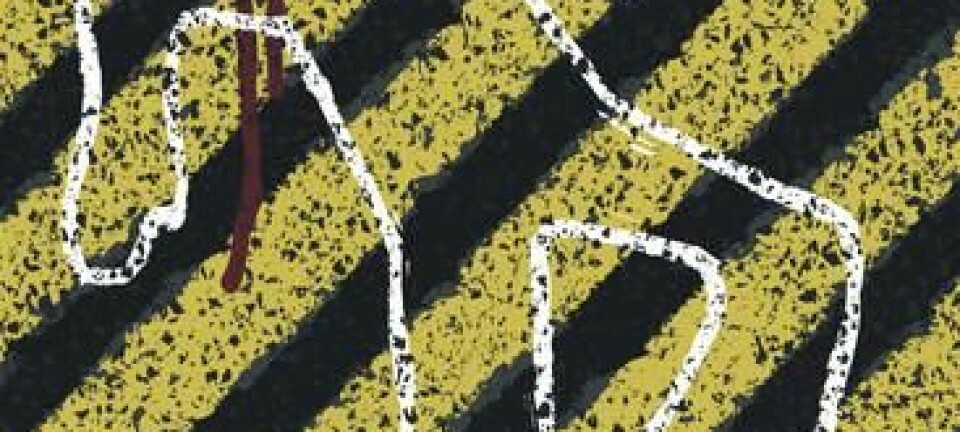
Alcoholism linked to lack of intestinal bacteria
New study suggests connection between the gut flora and addiction to alcohol.
A new study suggests that bacteria in the gut may play a role in alcohol addiction and the risk of relapse after rehab.
"Our results provides strong evidence that alcohol addiction is not only in the brain, but that it in some cases can be associated with an imbalance in the intestinal flora,” said Professor Fredrik Bäckhed from the University of Gothenburg during a guest lecture at Novo Nordisk Foundation Center for Basic Metabolic Research at Copenhagen University.
Some alcoholics have fewer intestinal bacteria
In the study, which was recently published in the journal PNAS, Bäckhed and his colleagues from Belgium and Sweden have analysed the intestinal bacteria composition of 60 alcoholics.
The 60 alcoholics in the study had an equal use of alcohol.
After the test participants had spent 19 days in rehab it became apparent to the scientists that there was a big difference in how well the participants recovered: their well-being and risk of relapse was connected to their gut flora.
Our results strongly suggest that alcohol addiction is not only a problem which starts in the brain
26 out of the 60 alcoholics suffered from leaky gut syndrome and generally had a low amount of intestinal bacteria -- specially their levels of Faecalibacterium prausnitzii, which is known for its anti-inflammatory properties, were detected as unusually low. The leaky gut syndrome is linked to inflammation of the gut and diseases like Crohn disease.
After 19 days without alcohol the 26 test subjects still scored high on tests that measuered depression, anxiety, and alcohol cravings. There was in fact not much difference from before they went to rehab.
In comparison, the remaining 34 subjects with normal gut flora were recovering much better, scoring low on depression, anxiety, and alcohol cravings. In fact, their scores decreased to levels comparable with the control group who didn't have a drinking problem.
On the basis of these results the scientists concluded that intestinal flora is connected to the likelihood of relapse after sobering up in rehab.
Bäckhed hopes that the study will lead to new treatment possibilities for alcoholics where the intestinal flora is considered.
"It appears that some alcoholics may need a different treatment than others. The study has an interesting treatment potential,“ he said.
Professor: The study does not prove a connection
Professor Ove Schaffalitzky, head of research at the department of gastroenterology, University of Southern Denmark, is not entirely convinced that the new study shows a link between intestinal bacterial flora and alcohol addiction. He was not involved in the study, but has read it.
“The study does indeed show a correlation, however, this doesn't necessarily prove anything," said Schaffalitzky.
Even though there is some overlap it does not prove that there is a connection between intestinal flora and increased alcohol addiction, he says.
“There can be other explanatory factors which the study does not account for. It may be that the test subjects have a special drinking pattern or diet, have other illnesses, have a special gut or something else. There are many uncertain points in the hypothesis,” said Schaffalitzky.
The brain-gut connection is still not clear
Although Bäckhed is certain that there is a link between the bacteria in the gut and alcohol addiction, he also stresses that there is a need for more studies, before we can understand the exact relation.
“It's the first time we have shown that there is a correlation between alcohol craving and bacterial gut composition. Previously studies with mice have produced similar results," said Bäckhed. "However, we still don't know how the connection between the gut and the brain works."
-------------
Read the original story in Danish on Videnskab.dk
Translated by: Louisa Field









